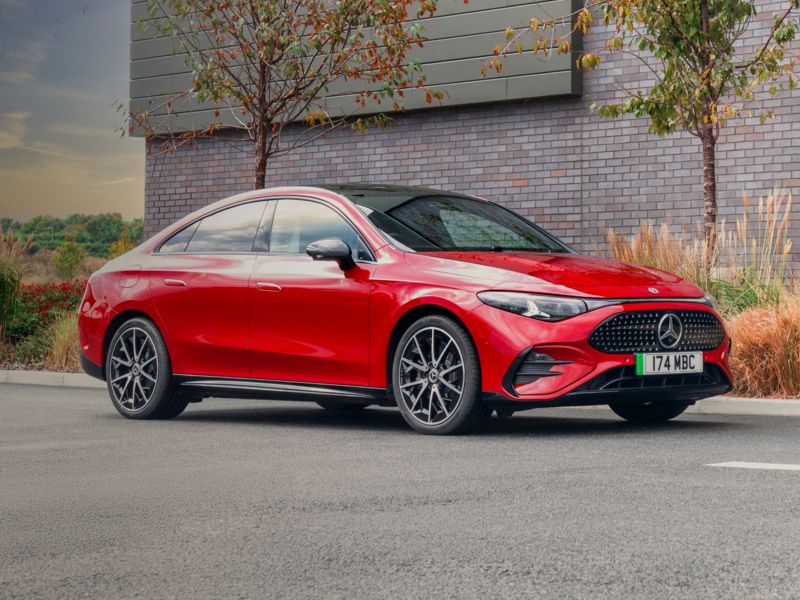
Mercedes-Benz
CLA Electric (2025-)
Digital £8.99 per month, cancel any time.
By clicking a retailer link you consent to third-party cookies that track your onward journey. This enables W? to receive an affiliate commission if you make a purchase, which supports our mission to be the UK's consumer champion.

In this article
The best electric cars are smooth to drive and have the potential for very low running costs, but our lab tests show not all are created equal.
You can trust our new and used electric car reviews because we subject each one to more than 200 individual lab tests.
Read below to discover the best electric cars for 2026 and those to avoid.
See all of our electric car reviews to view all the models we've tested
How our tests reveal the best EVs
Efficiency
Official figures often don’t reflect real-world use. We run our own, independent EV efficiency tests under controlled lab conditions.
Safety
Using Euro NCAP crash tests and our own assessments, our reviews reveal the cars that will keep you (and others) safe.
Sustainability
EVs might produce zero tailpipe emissions, but only those that go the extra mile get our Eco Buy badge.
We also look at
Reliability based on our annual survey (unreliable cars can’t be Best Buys), comfort, practicality and more.
These are the UK's top five best electric cars in terms of sales figures, according to data from the industry body SMMT (Society of Motor Manufacturer Traders) for 2024, complete with links to our full reviews.
Which? members can log in to read our reviews of the five best-selling EVs. Not yet a member? Join Which? today to unlock all our expert reviews.

New registrations in 2025: 24,298*
The Model Y is the world’s best-selling EV in 2024, so it’s no surprise that it tops the UK list, too, as it did in 2022, 2023 and 2024.
It’s a large SUV that’s available with five or seven seats and sits above the Model 3 in Tesla’s UK range. It also features a striking interior and can be ordered with advanced autonomous driving technology.
According to Tesla, the longest-range models can travel up to 391 miles on a single charge, but read our review to see what it achieved in our lab tests.
Tesla updated the Model Y in 2025 with revised exterior styling and an updated infotainment system.
Read our Tesla Model Y (2022-) review to see what we thought of it.

New registrations in 2025: 21,188*
The cheapest Tesla model is also a popular choice in the UK.
Launched back in 2019, it’s much less expensive than its rivals and is available with a wide range of battery and drive combinations. The longest-range version of the current model has a claimed driving range of 466 miles, while Tesla says current high-performance models can travel 354 miles on a single charge.
The brand revised the Model 3 in 2023, the most prominent changes being in the cabin, including reducing the amount of physical controls even further. Tesla fans may love it, but we’re not so sure.
We explain why, and how it performs for range, in our full Tesla Model 3 (2019-) review.

New registrations in 2025: 14,483*
Audi’s Q4 e-tron range marks the current entry point to Audi’s EV line-up.
It’s available in SUV and Sportback body styles and is proving a popular choice in the UK. Rear and all-wheel drive options are available, along with a more powerful 340hp model (entry-level cars have 204hp).
Audi updated the Q4 e-tron range in 2023, adding more equipment as standard and revising the suspension, which was timely as the first Q4 e-tron we tested performed poorly in our hazard-avoidance test.
It’s not a cheap option, though, and Audi’s reliability record isn’t the strongest.
Our Audi Q4 e-tron Sportback (2021-) review explains everything you need to know about this model.
Looking specifically for an SUV or a smaller model? See our guides to the best electric SUVs and best small electric cars
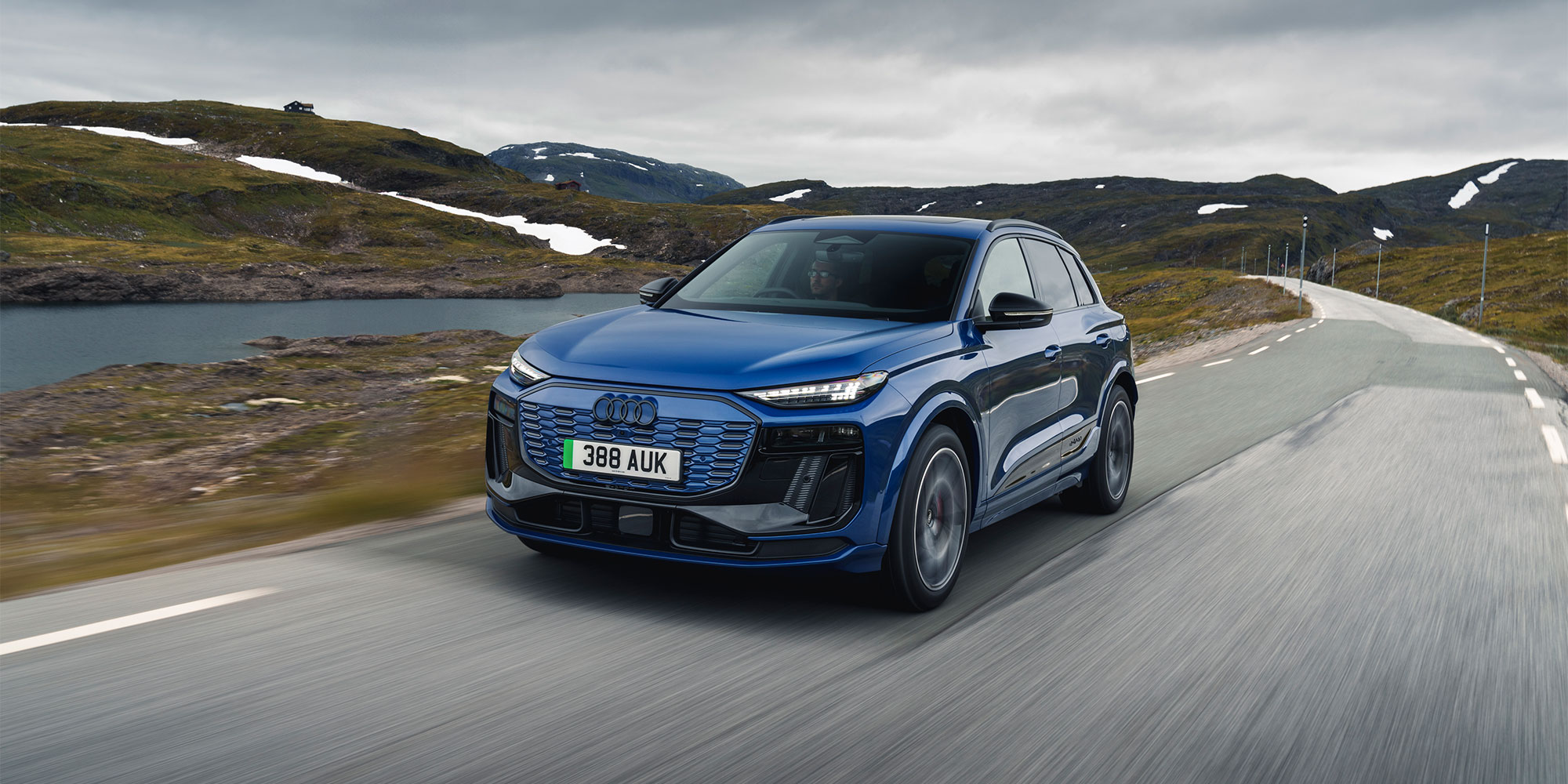
New registrations in 2025: 13,148*
The Q6 is Audi’s most expensive electric SUV model and has quickly become a popular choice in the UK. It replaced the Q8 e-tron range, with production of that model ending in 2025.
Like the Q4, it’s available in SUV and Sportback body styles and each version is also available as performance-focused SQ6 models.
Entry-level cars have up to 292hp (when launch control is used), with four-wheel drive models having up to 462hp. SQ6 cars have up to 517hp.
The Q6 is comfortably the most expensive car on this list and rivals the BMW iX and Polestar 3.
Read more in our full Audi Q6 e-tron (2024-) review.
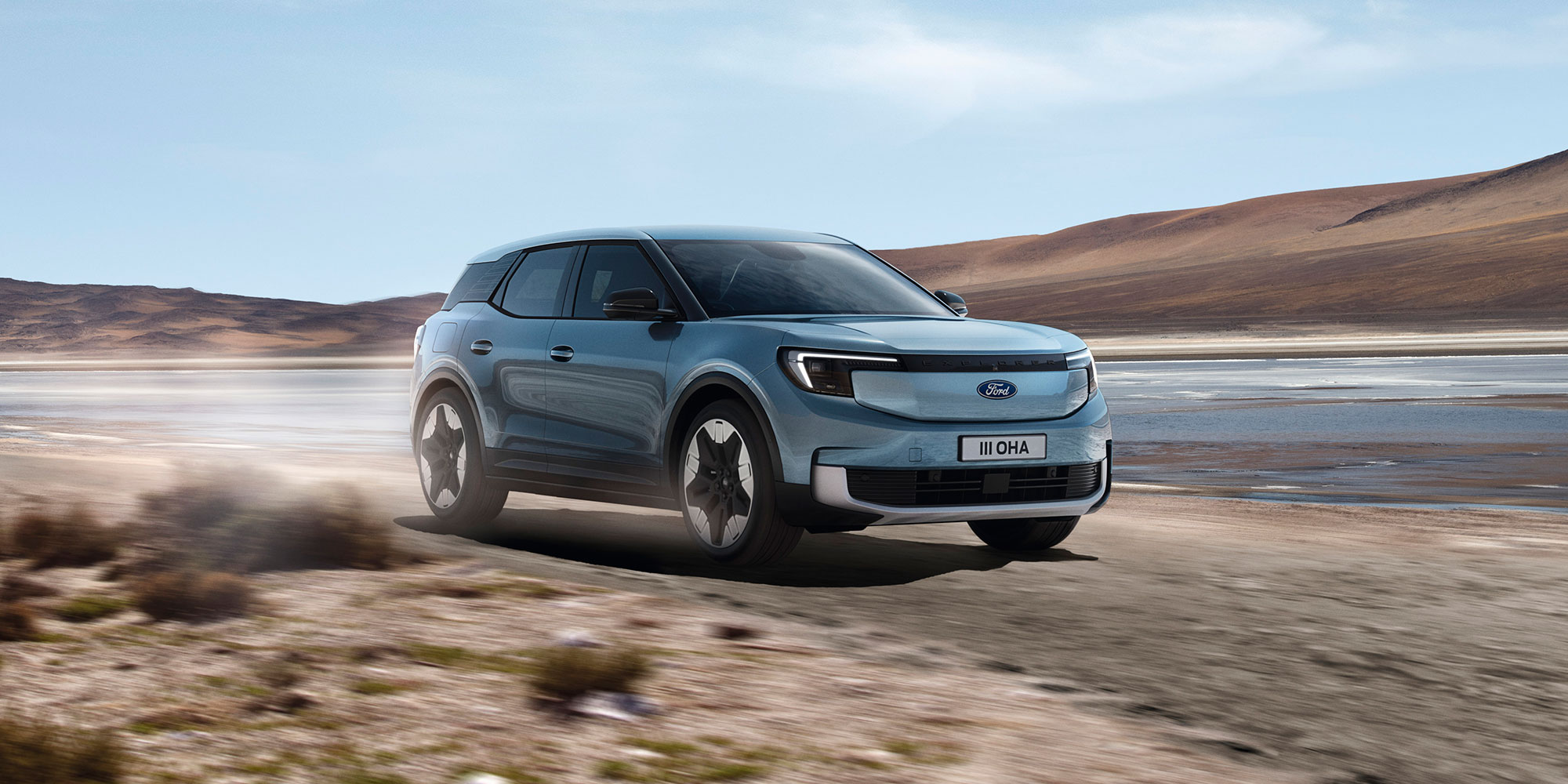
New registrations in 2025: 12,237*
After a slow start, Ford is one of the UK’s fastest-growing EV brands. Its most popular model is the Explorer, an SUV that’s related to the Skoda Enyaq and Volkswagen ID.4. It’s built in Europe, in the same factory that once built the Fiesta small car.
It’s the second-generation of Ford’s long-running Explorer range to be sold in the UK and sits above the Puma Gen-E and below the Capri in Ford’s electric SUV range.
Three versions are available, with entry-level cars having 170hp. Mid-range cars have 286hp and range-topping all-wheel drive cars have 340hp.
Our Ford Explorer (2024-) review tells you all you need to know about this EV.
*SMMT new car registrations, Jan-Dec 2025
Whether they're of brand-new electric cars or updates to previously released models, see our latest EV reviews.

CLA Electric (2025-)
Digital £8.99 per month, cancel any time.
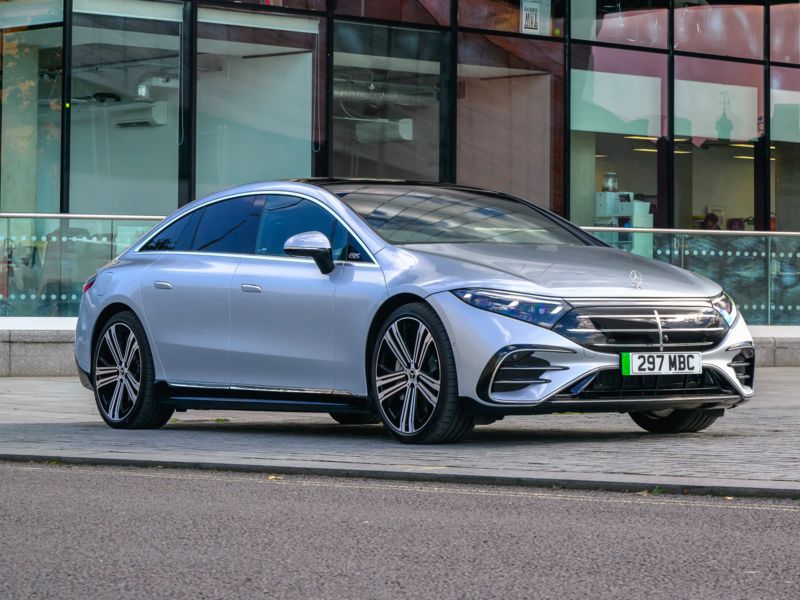
EQS (2021-)
Digital £8.99 per month, cancel any time.
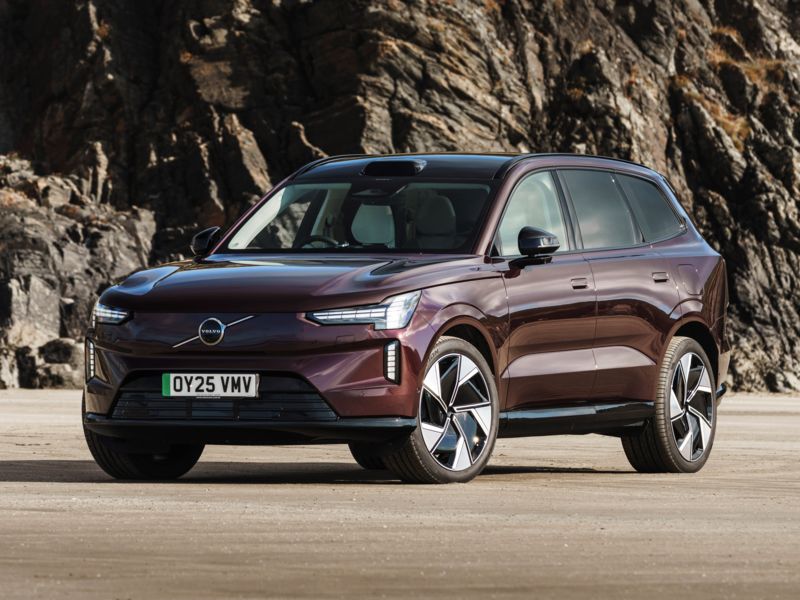
EX90 (2024-)
Digital £8.99 per month, cancel any time.
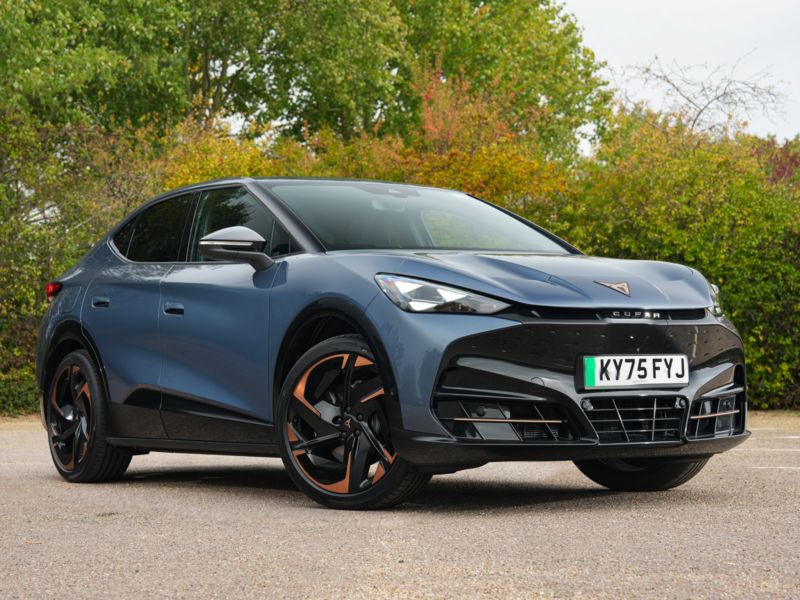
Tavascan (2024-)
Digital £8.99 per month, cancel any time.
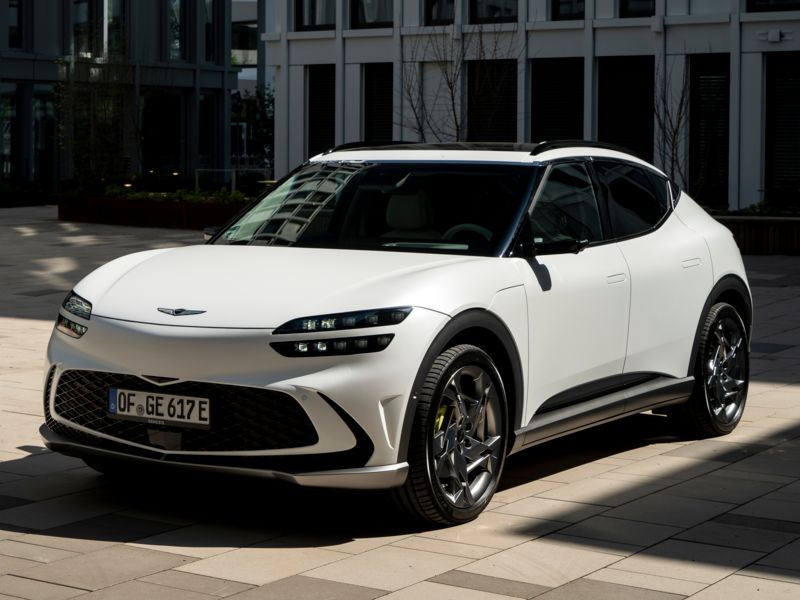
GV60 (2022-)
Digital £8.99 per month, cancel any time.
Should I buy an electric car? We explain the pros, cons and the questions to ask yourself
Although EVs typically cost more than their petrol and diesel counterparts, our lab tests show that there are plenty of models for less than £35,000 that provide decent range and a good overall driving experience.
If you're already a member, log in now. If not, join Which? today to reveal the best electric cars and all our expert car reviews.
If your budget can stretch to more than £35,000, you can expect an EV with greater range, more features and improved performance. However, time and time again, we've found expensive models that fall down for practicality, performance and more.
The used market for EVs is increasing, and our testing has uncovered some real gems if you have a lower budget. These are the best EVs that are no longer available to buy new.
Many premium EVs are only available used. Below are some of the best cheaper models you can buy.
Digital £8.99 per month, cancel any time.
These are the cheapest electric cars we've tested that are available to buy new.
Note, this list is ordered by price, not by Which? score. We've removed Don't Buys, but click through to our reviews to see how each one performed in our lab tests.
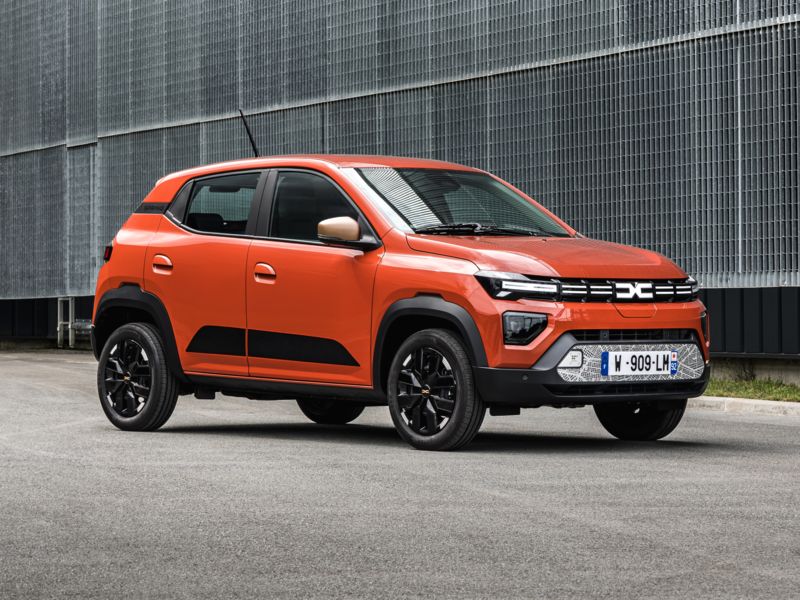
Spring (2024-)
Digital £8.99 per month, cancel any time.
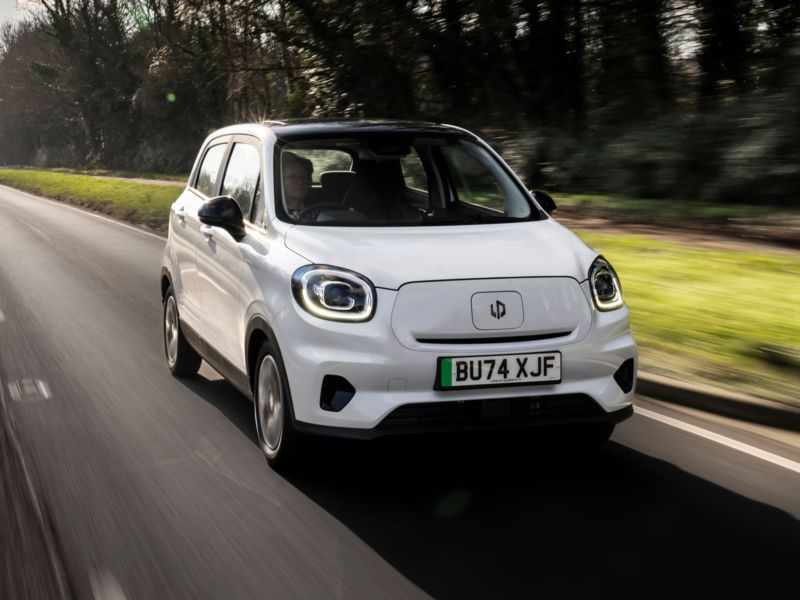
T03 (2025-)
Digital £8.99 per month, cancel any time.
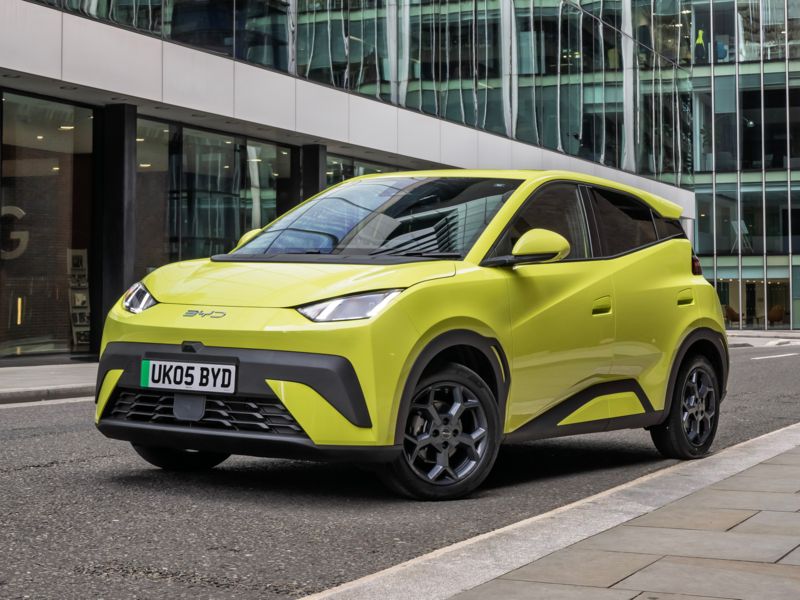
Dolphin Surf (2025-)
Digital £8.99 per month, cancel any time.
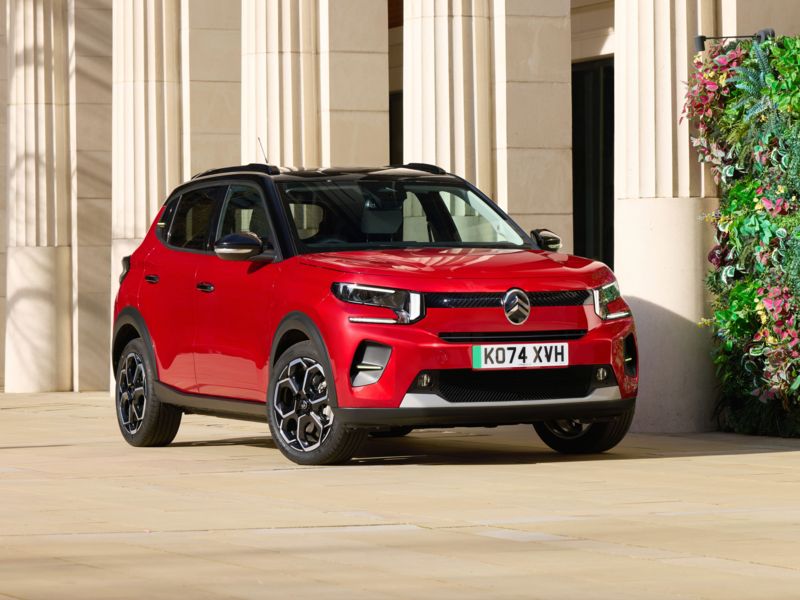
e-C3 (2024-)
Digital £8.99 per month, cancel any time.
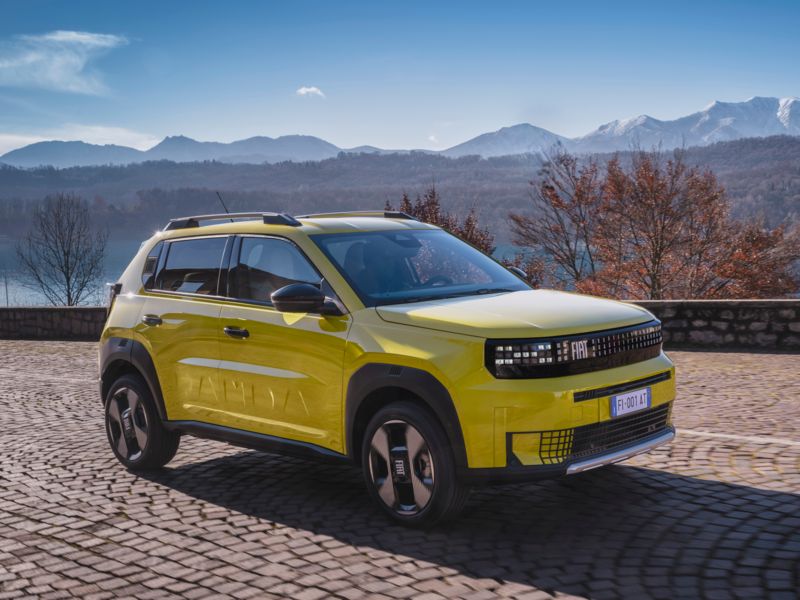
Grande Panda EV (2025-)
Digital £8.99 per month, cancel any time.
Are you simply looking for the cheapest electric car? According to our pricing data, these are the electric cars we've tested that cost the least to buy used.
As with all used cars, the price you pay will depend on factors such as age and overall condition.
Note, this list is ordered by price, not by Which? score. We've removed Don't Buys, but click through to our reviews to see how each one performed in our lab tests.
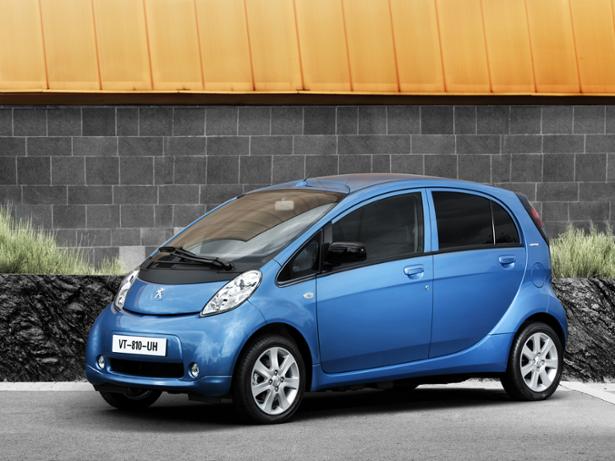
iOn (2011-2018)
Digital £8.99 per month, cancel any time.
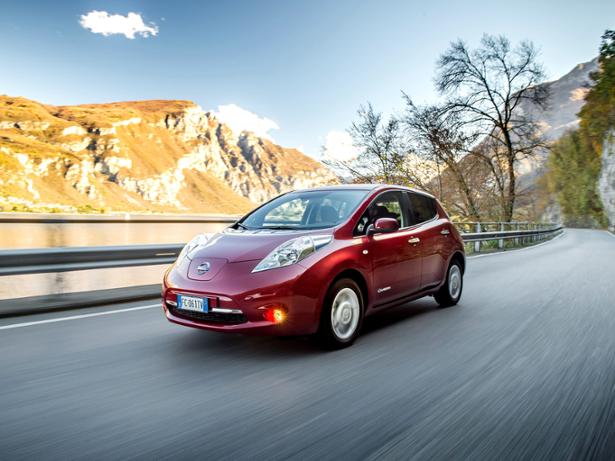
Leaf (2011-2017)
Digital £8.99 per month, cancel any time.
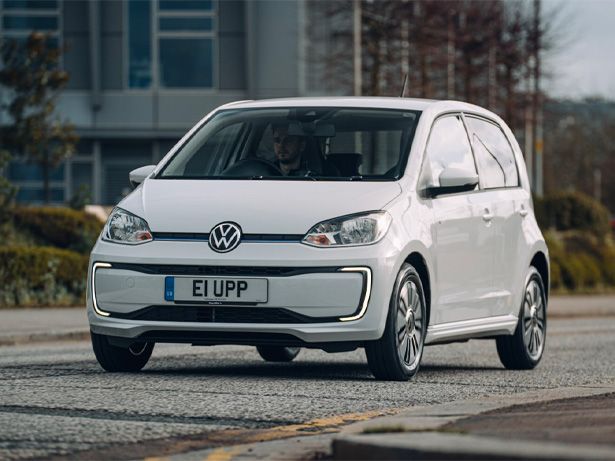
E-Up (2014-2024)
Digital £8.99 per month, cancel any time.
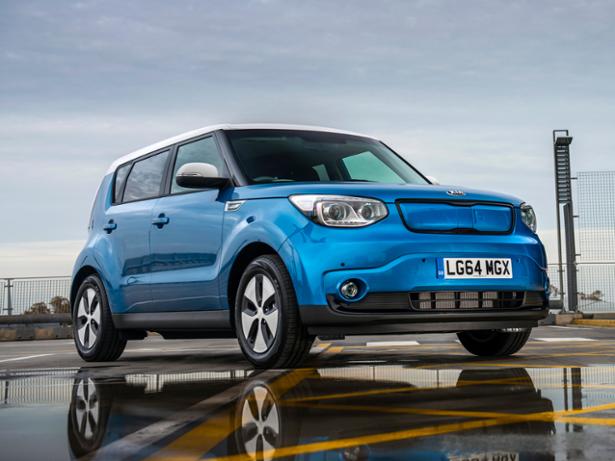
Soul EV (2014-2019)
Digital £8.99 per month, cancel any time.
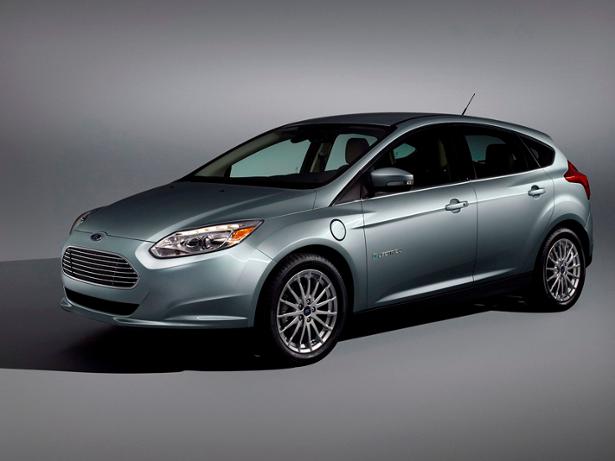
Focus Electric (2013-2017)
Digital £8.99 per month, cancel any time.
If you're planning to buy an electric car, check the maximum range of the electric cars in your shortlist, especially if you regularly drive long distances. And don't forget to factor in your charging time, too, if you need to top up at any time other than overnight.
The maximum driving range available can vary greatly between models. Luxury models with larger batteries offer greater claimed driving ranges, but even entry-level models should offer a driving range of around 150 to 250 miles.
However, don't just look at the official figures. At Which?, we conduct our own realistic range tests because, just like fuel tests, the figures manufacturers quote are often quite ambitious.
Of all the electric cars we've tested, the one with the biggest claimed range is the Mercedes EQS, which the manufacturer says can travel up to 485 miles between charges.
However, lab tests consistently show that real-world range is often much lower than claimed range, so it's important to check our reviews before buying. Also, bear in mind that most electric cars come with a range of battery sizes, so be sure to check the battery of the car you're considering buying. If you don't want to be caught out, make sure you check the real, independently tested ranges in our electric car reviews.
For more information, read our guide on the longest-range EVs.
Based on our lab tests and Euro NCAP safety, there are some electric cars we recommend you avoid at all costs.
Digital £8.99 per month, cancel any time.
New electric car grant: discover the eligible cars and the brands offering their own unofficial 'grants'
Due to factors such as government targets on EV sales, there's never been a better time to buy an electric car. And we've spotted some great deals on nearly new models – some of which will have just a few miles on the clock (see our news story on EV bargains from 2024 for more).
To benefit from low running costs, you'll need to be able to charge at home. It's far cheaper than using public charging points (see our guide on how much it costs to charge an electric car for comparison).
If you don't think an electric car would suit you, a hybrid may be a better bet. Our guide to the best hybrid cars shows the models that we recommend
Unless you don't drive that often, don't even think about using a domestic three-pin socket to charge your car. This is very slow. Depending on the car, it can take in excess of 35 hours.
If your property allows regular charging at home, you'll be best off investing in a dedicated fast charger. This normally takes the form of a wall box mounted on the outside of your house. The type of charger, connector and voltage you need will depend on your car, budget and electricity connection.
When you're away from home, you can use websites or apps to find the nearest public charging point. These include on-street charging points in city centres, for example, and the growing number of high-voltage fast chargers and rapid chargers at strategic service stations on the motorway network.
Currently, charging points are run by various separate networks, so you’ll need to work out which ones are compatible with your car and register with them accordingly. Bear in mind that some public charging points can be very costly compared with rates for home charging.
How much does it cost to charge an electric car? We explain all
Our tests go further than those carried out by other organisations – and because Which? is independent, you can trust our reviews to give you the full, honest and impartial truth about every car we test.
To find out more, see our how we test cars guide.
Find the right policy for your vehicle using the service provided by Confused.com
Get a quote now